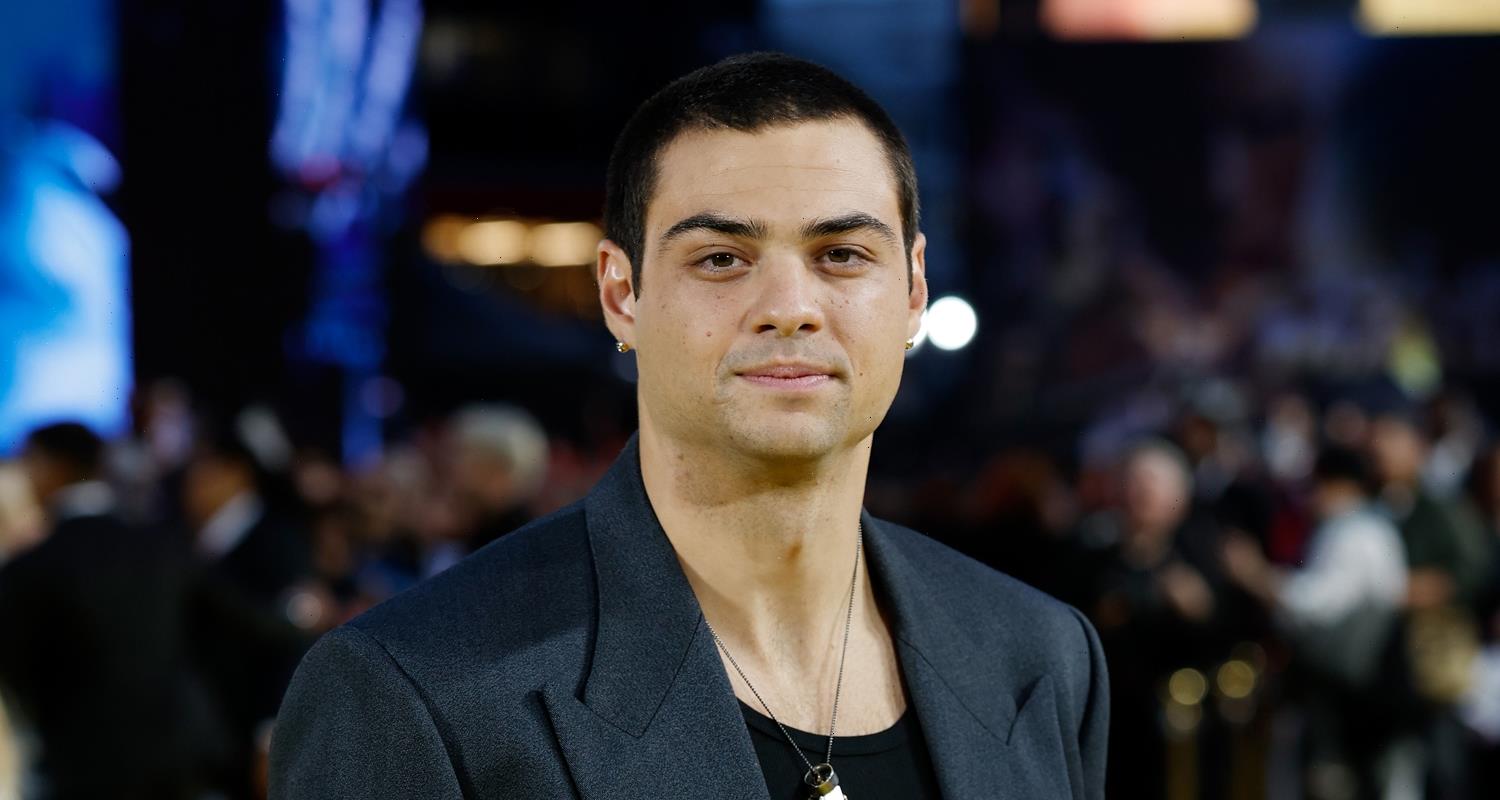As 2022 comes to a close we have dealt with the COVID lockdown hangover, federal and state elections, a war in Ukraine and devastating floods. Yet, the world of crime rolls on. Here are the worst and best cases of the year.
When the system fails
Over 10 weeks in 2020 the family of the mentally troubled Gabriel Messo tried more than 20 times to get expert medical help.
Gabriel Messo and the scene around Gladstone Park after the shooting.Credit:The Age
For six years since Messo first experienced psychosis the system had failed him.
In July 2020 Messo repeatedly stabbed his mother, Lilla, after luring her to a Gladstone Park Reserve, leaving her suffering four cardiac arrests, a collapsed lung, the loss of an eye and permanent brain injuries.
Local police were called and Constable Emmanuel Andrew, who had graduated just a few weeks earlier, drew his firearm and to save the woman fired two shots at Messo followed by a third, killing him.
Weeks before Messo had written about suicide by cop: “If I force police to kill my body I will [be] free of pain.” He had previously said he was on a mission from God to “cull people”.
Only when Messo ignored Andrew’s command to drop the tree branch he was using to stab his mother did the constable fire. When the assault continued he fired a second round.
Coroner John Cain found both shots were justified but was troubled by the third, fired about five seconds after Messo stood and dropped the stick, and has asked the office of the Director of Public Prosecutions to examine whether homicide charges should be laid against Andrew.
A couple of points here. Andrew was criticised for not having a plan when he entered the park. He did have a plan: To save an unconscious woman on the ground from being murdered. He succeeded.
If he had not intervened, Lilla Messo would probably be dead and at the inquest Andrew would have been criticised for not acting immediately.
There is no proof that he knew Messo had dropped the weapon. Andrew – from a refugee family and already marked within the force as an outstanding prospect – gave the dying man CPR, trying to save his life.
If anyone thinks a jury would convict Andrew of anything they have rocks in their head. More likely they would recommend him for a medal. The DPP must make this case a priority and decide within weeks if they are going to charge. The Messo family and Andrew deserve nothing less.
When the law fails
This is a tragic and self-defeating example of what can happen when a case becomes a cause. In March 2019, political staffer Brittany Higgins and colleague Bruce Lehrmann entered the office of then defence industry minister Linda Reynolds after a night of drinking. Higgins alleges she was raped there. When she went public with her claims, it became a beacon exposing predatory sexual behaviour in the nation’s capital.
Eventually charges were laid, even though some senior police had misgivings. This was not because Higgins’ claims had been disproven but because they would be difficult to prove. Without forensic evidence, a confession or independent corroboration, some police felt the bar of “beyond reasonable doubt” was likely insurmountable. The Director of Public Prosecutions disagreed.
For there to be any chance of a conviction the jury would have to believe virtually every word of Higgins’ testimony to conclude Lehrmann was a liar and a rapist. Any doubts would lead to an acquittal.
It was never about what happened in the minister’s office but what could be proven happened in the minister’s office.
The defence tactic was simple: Destroy Higgins’ credibility. She was grilled mercilessly, to the point where her evidence was suspended while she received mental health treatment.
If the purpose of the trial was to clear the air it failed when one juror, despite warnings that the verdict should be decided on the evidence in court, decided to go all Columbo and do external research.
Columbo – an excellent TV detective but a lousy juror.
The trial was abandoned because of the juror and the retrial cancelled because of fears for Higgins’ welfare.
Brutalised by the system, there were fears she could take her own life. Lehrmann, also brutalised by the system, considered self-harm.
It used to be that charges were laid only when it was more likely than not the prosecution would be successful. This was not the case here. It smacks of being seen to do the right thing rather than seeking justice.
The system should care for victims while protecting the rights of the accused. Here it did neither.
Higgins has received a payout from the Commonwealth and Lehrmann is considering suing media outlets, which means both sides may receive substantial compensation.
Pushed too far
Travis Cashmore was a hippy and part-time gold prospector, the type of eccentric you find in smaller towns dotted around Australia.
Travis Cashmore around 2015.
Kevin Knowles was a bully and suspected killer whose disregard for the law meant he was almost beyond policing.
With no local cop in the tiny town of Kirkstall, not far from Warrnambool, Knowles threatened locals and made people cross the road to avoid him.
After 10 years of bullying, Cashmore reached breaking point.
He went to police complaining that on July 20 Knowles had breached an intervention order against a local woman. Police would have taken the matter up a few days later, when Knowles was due at Warrnambool Court to answer similar charges.
Cashmore went home, grabbed his shotgun and found Knowles and his mate Ben Ray walking down a local road. He shot them both, then ran over them, before returning to his home to take his own life.
On the night Knowles died, the local pub – known as the “Kirky” – was packed and served three times the number of meals in the bistro.
Only one person had a nice word to say about Knowles. According to his ex-girlfriend, “he made the best poached eggs ever”.
When the roof falls in on the crooks
Dirty rotten scammers Johnny Dooley, Michael Dooley and Joseph Ball came to Melbourne to con elderly citizens out of their retirement funds before flying back to Britain.
Detective Leading Senior Constable Steve Sinclair gets his man. Joseph Ball is rolled.Credit:Victoria Police
In five months in 2020, they pulled 37 scams on 43 victims, the eldest 93 years old. They conned their way into $434,000, claiming to be roof engineers who could fix real or imagined problems, always telling their targets the problems were worse than expected, bleeding them of more cash before disappearing.
They would have got away with it too, except for leading detective senior constable Steve Sinclair, who had seen their type before.
Leading a special investigation codenamed Sundial, his team combined with Australian Border Force, Home Affairs, the British High Commission, Consumer Affairs and NSW and WA police to arrest the scammers, who were jailed.
After we published a story on the scheme, a bloke in the finance game contacted us to say a similar group was back in action, ripping off his father-in-law.
We put him in touch with Sinclair and bang – another gang was chucked in the back of the divvy van.
In July police arrested four accused of scamming 20 victims of $640,000, promising to repair roofs. (Two fled back to Britain on borrowed passports. No surprise there.)
The eyes have it
The conviction of Aaron Ong for the 2019 ambush murder of fruiterer Paul Virgona was groundbreaking.
Prosecutors offered no eyewitnesses, no motive and no confessions. It relied heavily on CCTV that showed Ong and Josh Rider leaving the Mongols’ headquarters in Port Melbourne heading to Virgona’s Croydon home. They then ambushed him on EastLink on his way to the Epping market, firing 11 shots into his white van.
Prosecutors couldn’t tell the jury they believed it was a case of mistaken identity and the real target was a member of the Finks motorcycle gang who lived in the same street.
Homicide investigators found no reason Virgona would have been a target.
Before the trial Rider agreed to plead to reckless murder rather than wilful murder if prosecutors wouldn’t seek a life sentence.
Trial judge Justice Christopher Beale felt the agreement was generous, pointing out that firing 11 shots into Virgona’s van was hardly “reckless”. Could there be anything more wilful than that?
Beale refused to give Rider a sentence indication. In other words, Beale refused to be part of the deal.
The day of the trial Rider nodded his head and pleaded, a decision kept from the jury. Ong rolled the dice and it came up with snake eyes when the jury found him guilty.
We hope Beale gives Ong a long stretch to show other crooks if you have done the crime you had better plead guilty or suffer the consequences.
If you or anyone you know needs support call Kidshelpline 1800 55 1800, Lifeline 131 114, or Beyond Blue 1300 224 636.
Most Viewed in National
From our partners
Source: Read Full Article






